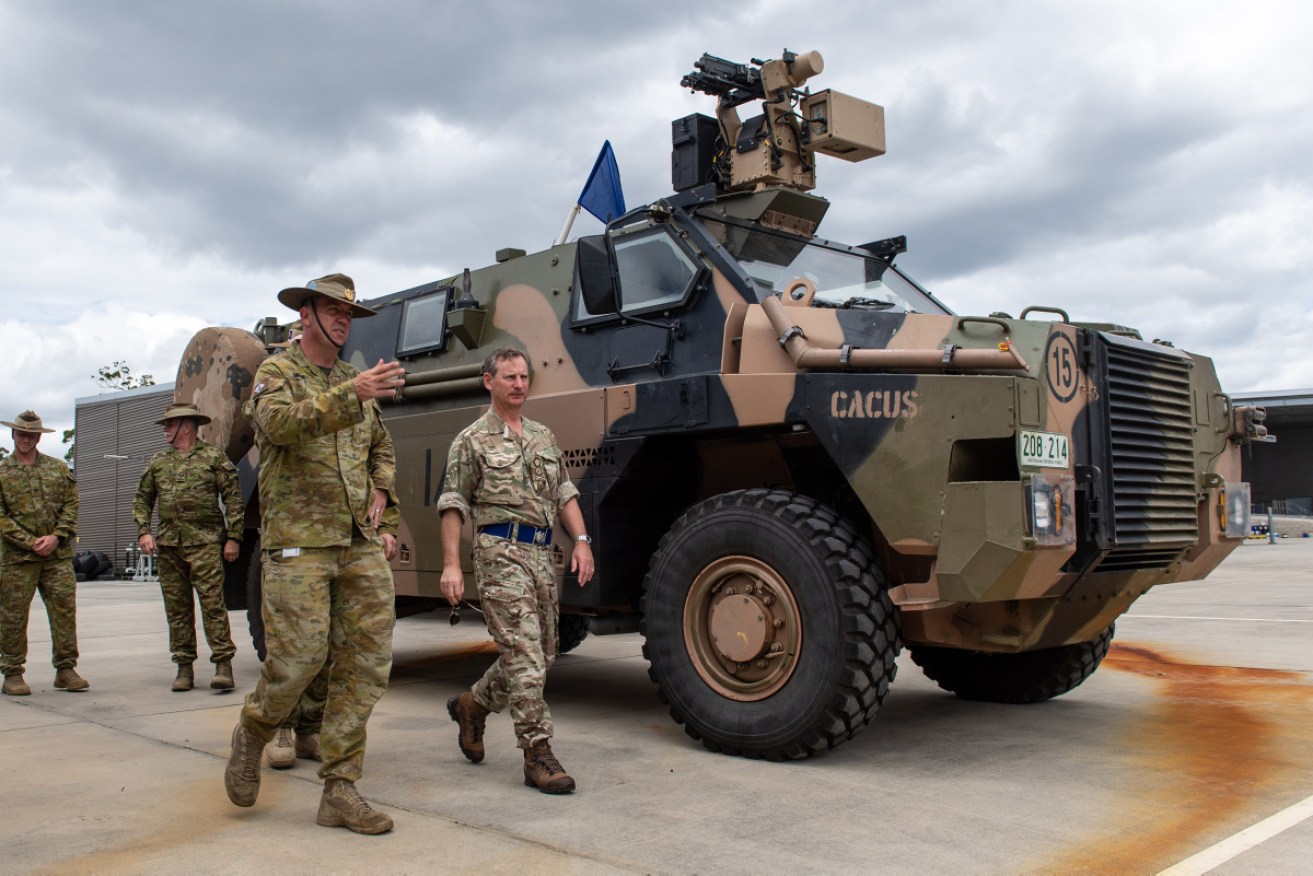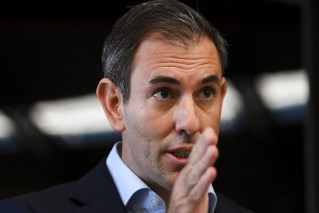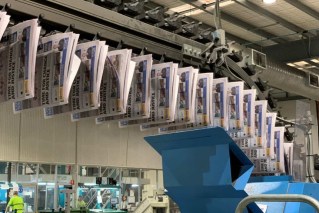How a military battle plan could help transform the way we fight floods, fires
About 80 military veterans have picked up jobs in a Brisbane company that is now looking to restructure away from its defence roots.


Elbit established its operations in Brisbane to install its system into the Australian military's Bushmaster vehicles. (Pic: supplied)
And that restructure could mean a very real chance that when a future bushfire breaks out in Australia it could be fought with a software system initially designed to fight wars far from our shores.
That probably jars the senses of some Australians but if anything good can come from war, a better system to fight fires might qualify.
Brisbane-based Elbit Systems, a subsidiary of the Israel parent, has spent the past decade installing its battle management system into the Australian Army’s systems and is now looking at expanding it to emergency services.
The BMS was initially designed for Israel’s military but has been adapted for Australian use and Elbit stresses that it is Australian, despite the Israel origins and ownership.
Its BMS has been adopted elsewhere in the world outside of military use. In the US and Israel it’s used for homeland security and in Europe for maritime security.
Managing director Paul McLachlan said fire management, civil management, pandemic management, emergency evacuation were areas they were targeting.
“What we are trying to do is rather than just be satisfied with delivering Israeli tech we are actively transferring the technology into the Australian workforce,’’ McLachlan said.
“Typically, when you transfer leading-edge tech into an innovative Australian workforce there are a whole lot of opportunities that become apparent.’’
The battle management system may have been developed for a defence environment but it was principally a means for capturing, sharing and using information.
McLachlan is also ex-military. He was a major general, saw combat in Iraq and served in East Timor. He then spent years digitising the army’s systems which effectively took it from maps and pencils to iPads.
Elbit’s khaki undertones are a point of pride for McLachlin considering how much difficulty some ex-servicemen have had adapting to civilian life.
The company is also still heavily involved in military applications but wants a new revenue stream for its battle management software.
“In this company (hiring veterans) is absolutely fundamental … because we are developing products for people in the service,’’ McLachlin said.
“These people are really important to us. One of the biggest problems in the transition is first you have to get an opportunity,’’ he said.
“It’s fundamental that we get people to help us with their own inherent understanding and ability to relate people in the service about what is needed and what could be beneficially included in our product going forward.
“There is that inherent experience and the relationship with people.’’
Shane Gabriel had a lengthy career in the army before joining Elbit in its business development
“I was keen to find a role in defence industry that would enable me to apply my skills and experience in the national interest,” he said.
“My role enables me to help identify the most innovative technologies from across Elbit Systems and adapt and apply them to unique Australian requirements. As digitisation is the core capability of any modern military to network all capabilities to provide advantage over an adversary, I am excited by having this opportunity with Elbit.”
Elbit initially set up in Brisbane as its headquarters because of the need to install the BMS in Bushmaster vehicles.












